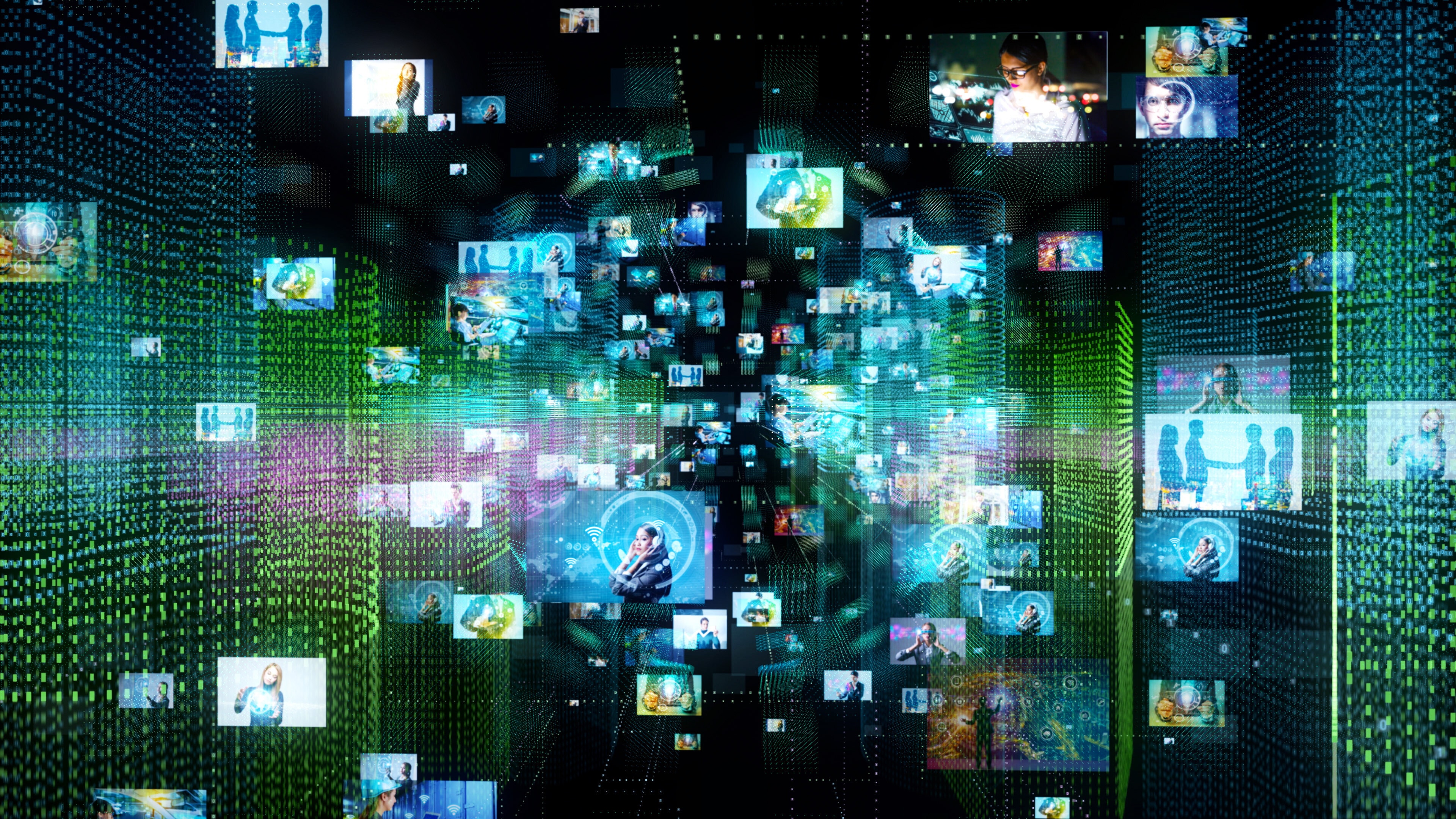6 things you need to know about AI this month

Top stories: Romanian government reveals AI sentiment adviser; US rejects copyright for AI generated images; and more. Image: Unsplash/Kowon vn

Get involved with our crowdsourced digital platform to deliver impact at scale
Stay up to date:
Artificial Intelligence
Listen to the article
- This monthly round-up brings you some of the key artificial intelligence (AI) stories from the past four weeks.
- Top stories: Romanian government reveals AI sentiment adviser; US rejects copyright for AI generated images; AI set to improve cancer detection and transplant surgery; and let AI take the strain when it comes to doing the housework.
1. Romanian Prime Minister has an AI adviser to monitor public opinion
Romania's Prime Minister Nicolae Ciucă has revealed he has an AI adviser to tell him what's on the minds of the people of his country. Ciuca demonstrated the device, known as Ion, to his cabinet on 1 March, according to The Guardian. The Euronews TV channel also reported the Prime Minister's demonstration.
Ion monitors social media channels and reports public sentiment back to the government in real-time. The Guardian quoted a Romanian government statement on the project, saying, Ion "will use technology and artificial intelligence to capture opinions in society" using "data publicly available on social networks".
2. AI-created images lose US copyright protection
Images in a graphic novel that were created using the AI system Midjourney should not have been granted copyright protection, the US Copyright Office has ruled.
Zarya of the Dawn author Kristina Kashtanova is entitled to a copyright for the parts of the book she wrote and arranged but not for the images produced by Midjourney, the office said in a letter to a lawyer representing the author.
3. This AI predicts lung cancer risk years in advance
Scientists at the Massachusetts Institute of Technology (MIT) are using AI to predict the risk of lung cancer up to six years in advance. The MIT team built a deep learning model that analyzes CT scans.
The system, known as Sybil, was trained on tens of thousands of historical scans. It was able to accurately detect early signs of cancer that are invisible to the human eye on CT scan slides. There's more on the MIT study in the Journal of Clinical Oncology.
4. AI trial to raise the number of organ transplants
Transplant surgeons who make life-and-death decisions could soon be assisted by AI that can help them assess the quality of donor organs. A report in The Guardian
says the system could lead to 300 more operations every year.
The AI assigns a viability score to newly available donor organs by comparing them with images of tens of thousands of organs used in previous transplants.
5. Can inventions created by AI be patented? This is what the UK's top court thinks
In a landmark case about whether AI can own patent rights, an American computer scientist asked the United Kingdom’s Supreme Court to rule that he is entitled to patents over inventions created by his artificial intelligence system.
Stephen Thaler wanted to be granted two patents in the UK over inventions he says were devised by his “creativity machine” called DABUS. Thaler’s lawyer argued that his client is “entitled to the rights of the DABUS inventions” because there is no requirement under UK patent law that an invention “must have a human inventor to be patentable”.
The court rejected the application on the grounds that the inventor must be a human or a company, rather than a machine.
How is the World Economic Forum ensuring the responsible use of technology?
6. AI will clean up on domestic work this decade
Almost 40% of the time we spend on housework and caring duties will be saved by AI within a decade, according to researchers from the University of Oxford and Japan's Ochanomizu University.
Their study asked AI experts in the UK and Japan to estimate the extent to which AI would automate household tasks. Overall, they predicted that 39% of domestic tasks are likely to be automated within 10 years. Grocery shopping and household cleaning are chores highly likely to be automated, while caring for children and other family members are least likely to be handed over to AI, they say.
Don't miss any update on this topic
Create a free account and access your personalized content collection with our latest publications and analyses.
License and Republishing
World Economic Forum articles may be republished in accordance with the Creative Commons Attribution-NonCommercial-NoDerivatives 4.0 International Public License, and in accordance with our Terms of Use.
The views expressed in this article are those of the author alone and not the World Economic Forum.
The Agenda Weekly
A weekly update of the most important issues driving the global agenda
You can unsubscribe at any time using the link in our emails. For more details, review our privacy policy.
More on Emerging TechnologiesSee all
Thomas Beckley and Ross Genovese
April 25, 2024
Robin Pomeroy
April 25, 2024
Beena Ammanath
April 25, 2024
Vincenzo Ventricelli
April 25, 2024
Muath Alduhishy
April 25, 2024
Agustina Callegari and Daniel Dobrygowski
April 24, 2024






